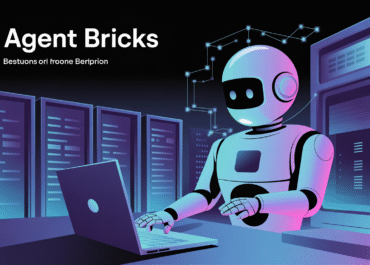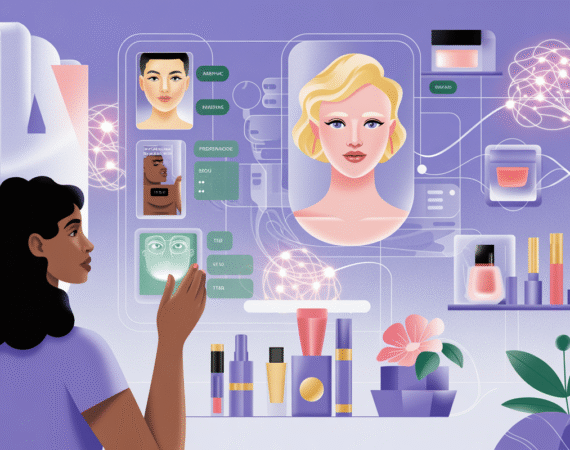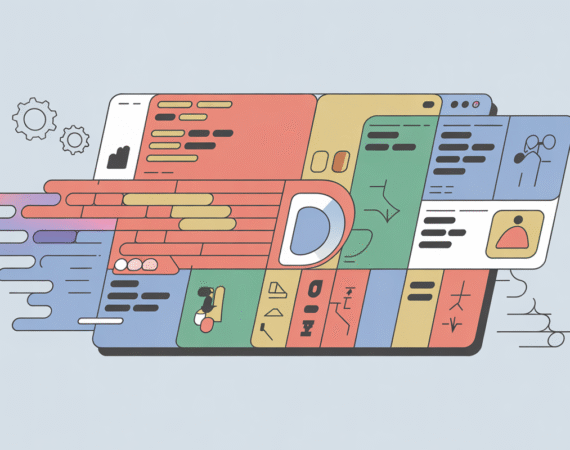G7 Forges Landmark Agreement on AI Safety and Ethical Development
In a significant stride towards responsible technological governance, the Group of Seven (G7) industrialized nations have formally adopted a comprehensive international code of conduct for companies developing advanced artificial intelligence (AI) systems. This landmark agreement, emerging from the ‘Hiroshima AI Process,’ underscores a collective commitment to managing the formidable challenges and immense opportunities presented by rapidly evolving AI technologies.
Pioneering the ‘Hiroshima AI Process’
Initiated at the G7 summit in Hiroshima in May, the ‘Hiroshima AI Process’ has culminated in a set of guiding principles designed to ensure the safe, secure, and trustworthy development of AI. This voluntary code of conduct, which includes guidelines such as managing risks, ensuring security, and transparently labeling AI-generated content, aims to promote both innovation and responsible deployment. It reflects a growing global consensus that while AI holds transformative potential, its unsupervised proliferation could lead to significant societal disruptions, from widespread misinformation to cybersecurity threats and privacy infringements.
The agreement outlines 11 specific points that AI developers are encouraged to adhere to, including: risk assessment and mitigation, public reporting on AI capabilities and limitations, investments in cybersecurity, and the development of technologies to help users identify AI-generated material. This proactive approach seeks to build public trust and prevent the misuse of powerful AI models.
Navigating AI’s Dual Nature: Opportunity and Risk
AI’s rapid advancement presents a dual-edged sword. On one hand, it promises revolutionary breakthroughs in healthcare, climate change, and economic productivity. On the other, concerns about its potential for harm — including the spread of disinformation, job displacement, and the erosion of privacy — are paramount. The G7’s agreement is a crucial step towards creating a global framework that harnesses AI’s benefits while effectively mitigating its risks.
The initiative emphasizes the importance of international cooperation, recognizing that AI governance cannot be effectively managed by any single nation. By setting common standards, the G7 hopes to foster a global ecosystem where AI innovation thrives within ethical boundaries, promoting interoperability and preventing a fragmented regulatory landscape that could hinder progress or create loopholes for malicious actors.
A Blueprint for Global AI Governance?
While the G7’s code of conduct is currently voluntary, its adoption by leading global economies sends a strong signal to the technology industry and other nations. It could serve as a foundational blueprint for future international agreements and regulations on AI. The ongoing discussions about AI governance are dynamic, with various countries and blocs, like the European Union with its proposed AI Act, exploring different regulatory approaches.
The G7’s move highlights a shared understanding that AI’s development must be guided by human values and democratic principles. As AI continues to evolve, the ability of international bodies to adapt and refine these guidelines will be crucial to ensuring that this powerful technology remains a force for good.
This historic agreement by the G7 marks a pivotal moment in the global effort to govern AI. It establishes a necessary framework for responsible innovation, emphasizing safety, ethics, and transparency, and setting a precedent for international collaboration in an era defined by rapid technological change.


